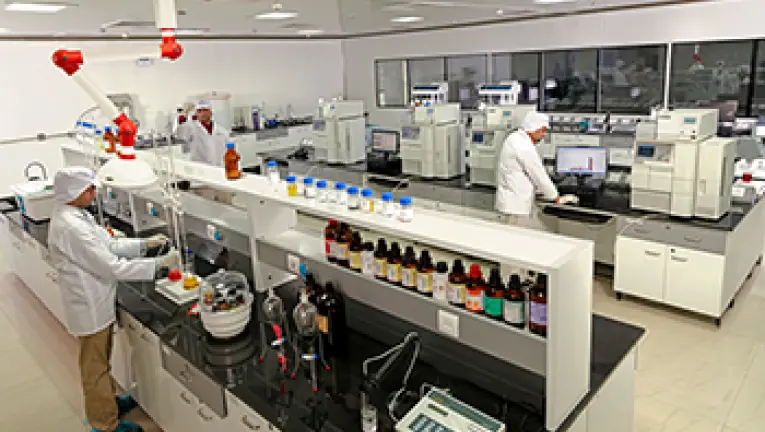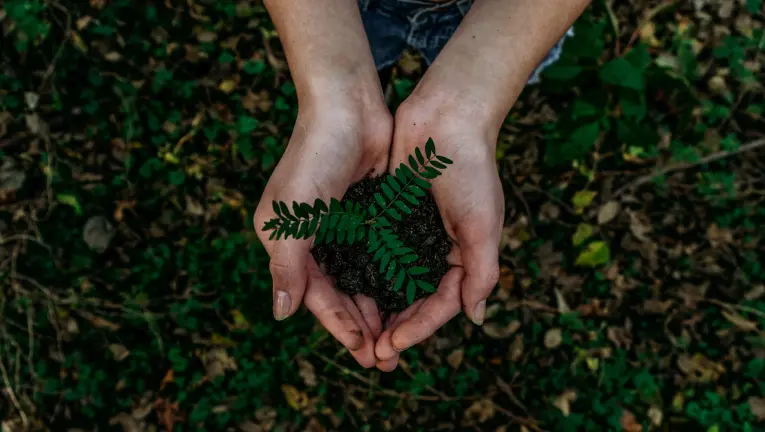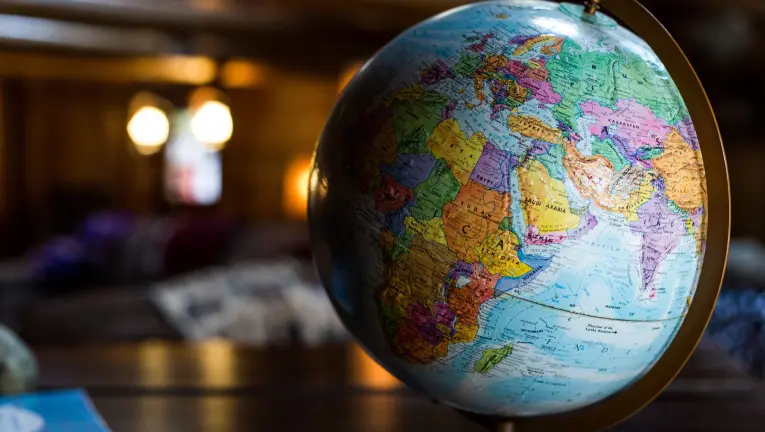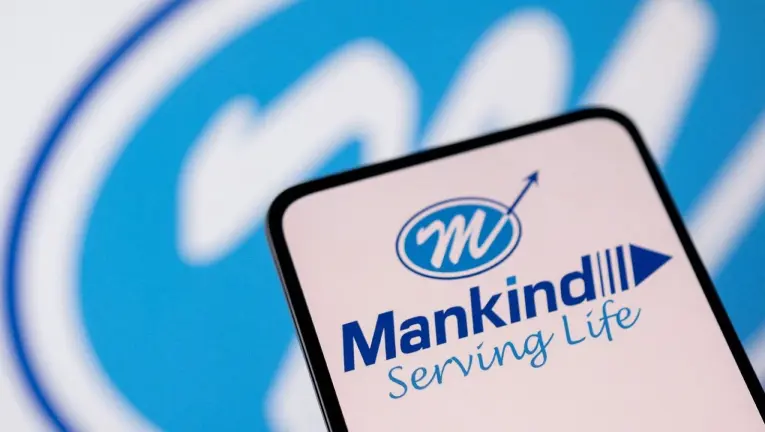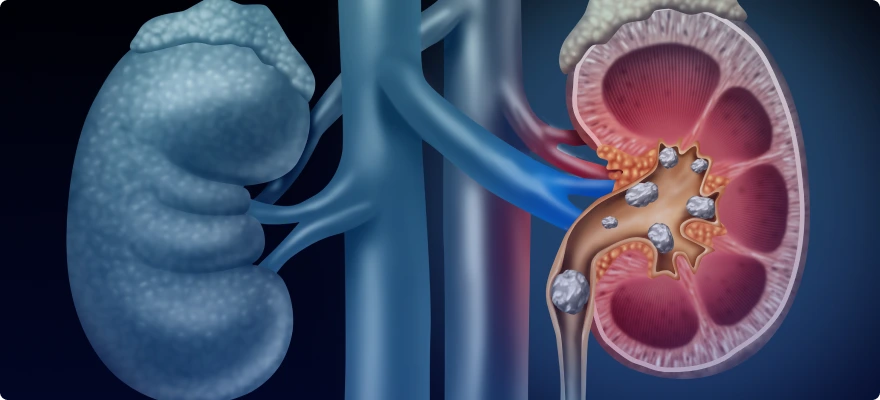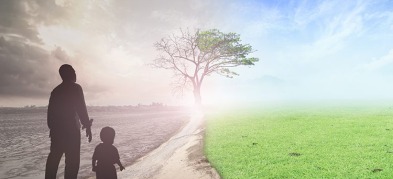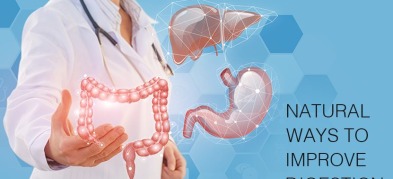ABCD of Kidney Stones
What are Kidney Stones?
A kidney stone is a hard, crystalline mineral like material formed within the kidney or urinary tract. The medical term used for kidney stones is “Nephrolithiasis”. With the right foods, plenty amount of water, and proper medication, you can lower your chances of kidney stones.
What causes them?
Kidney stones form when there is a decrease in urine volume and/or an excess of stone-forming substances in the urine.
Dehydration is one of the major risk factor for kidney stone formation.
Some major symptoms include:
Pain in the back, belly or side which is extremely sever.
Symptoms of a kidney stone include pain and blood in the urine.
One of the common symptom with a kidney stone includes nausea and vomiting.
Pain or burning sensation during urination.
Sometimes there is fever and chills which is usually the signs that you have an infection in your kidney or another part of your urinary tract.
Make these small diet changes, avoid kidney stones:
Drinking enough liquid, mainly water, is the most important thing you can do to prevent kidney stones.
Limit your intake of sodium. It is a part of most of the packaged, canned and fast foods.
Stay away from colas. These beverages are high in phosphates and fructose, which may lead to kidney stones.
Limit your intake of oxalates, the organic compounds found in a number of foods like spinach and sweet potatoes. Oxalates bind easily to few minerals, including calcium, which then help form kidney stones.
Eating more of animal protein may increase your chances of developing kidney stones.
Treatments options:
Diagnosis of kidney stones is best accomplished using an ultrasound, intravenous pyleography (IVP), or a CT scan. Most kidney stones will pass through the ureter to the bladder and out via urine on their own with time.
Mostly treatment includes pain-control medications and in few cases, medications to facilitate the passage of urine.
If needed, lithotripsy or surgical techniques may be used for the stones which do not pass through the ureter to the bladder on their own.



